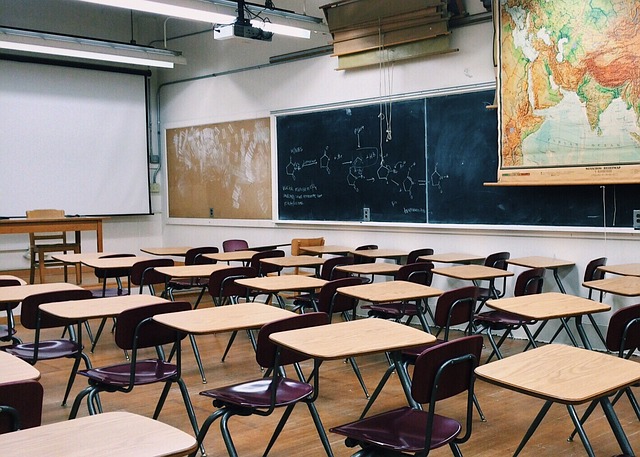The state of American education has long been a subject of debate, but recent trends suggest that our schools may be failing our children. From declining test scores to widening achievement gaps, the challenges facing the education system are more pressing than ever.
One of the most significant issues is the decline in academic performance among American students. According to the National Assessment of Educational Progress (NAEP), often referred to as the “Nation’s Report Card,” reading and math scores have stagnated or declined in recent years. This is particularly concerning when compared to the performance of students in other developed nations, where education systems often outperform the U.S.
The root causes of these issues are complex, but one factor stands out: the curriculum. Critics argue that the current education system places too much emphasis on standardized testing and rote learning, leaving little room for critical thinking and creativity. Furthermore, the politicization of education, with debates over topics such as critical race theory and gender identity, has led to a fragmented and inconsistent curriculum that varies widely from state to state.
Another pressing concern is the achievement gap between students from different socioeconomic backgrounds. While some schools in affluent areas boast state-of-the-art facilities and high graduation rates, schools in poorer communities often struggle with outdated resources and underqualified teachers. This disparity not only hinders the academic success of disadvantaged students but also perpetuates cycles of poverty and inequality.
The question now is how to fix the system. Some advocate for increased school choice, allowing parents to select the best educational options for their children, whether through charter schools, private schools, or homeschooling. Others call for a return to a more rigorous, traditional curriculum that emphasizes the basics of reading, writing, and arithmetic.
Whatever the solution, it is clear that the current state of American education is unsustainable. Without meaningful reform, the U.S. risks falling further behind in the global race for knowledge and innovation.


